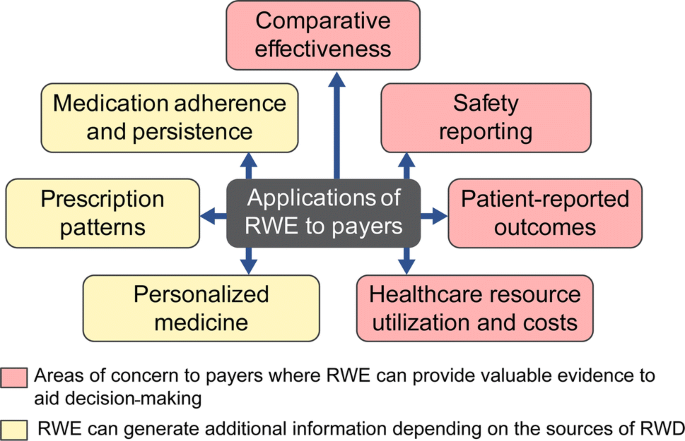How can healthcare decisions be improved to deliver b[1] better outcomes for patients? Real-world evidence (RWE) is transforming the way clinical data is used to support treatments and strategies. It provides actionable insights that traditional methods may overlook. Let’s explore how RWE enhances patient outcomes.
Understanding Real-world Evidence in Healthcare
Real-world evidence refers to clinical information derived from actual patient experiences outside controlled clinical settings. This includes data from electronic health records, claims databases, wearable devices, and patient-reported outcomes. Unlike traditional methods, RWE clinical trials, with their real-world data, capture diverse scenarios and populations. Such trials represent broader demographics and real-life challenges, offering insights that are more reflective of everyday healthcare needs. For example, data from wearable devices can show how a patient responds to medication over weeks rather than isolated test results.
Improving Personalized Treatment Plans
RWE allows treatments to be designed based on individual patient needs. It highlights how patients with varying characteristics respond to the same treatment. Data from diverse sources helps identify patterns, such as how a specific group benefits from a therapy while another experiences side effects.
For example, analyzing the results of diabetic patients with different co-morbidities can lead to more precise insulin regimens. Physicians can also use this information to avoid ineffective treatments, reducing unnecessary healthcare costs. Professional clinical researchers contribute by analyzing complex datasets, ensuring insights are accurate and clinically relevant. Personalized care plans ensure that therapies are aligned with each patient’s unique medical history and preferences. Patients benefit from this individualized approach.
Supporting Evidence-Based Decisions
These insights guide clinicians in selecting the most effective options for patients:
- RWE provides information about long-term effects and rare outcomes.
- It captures data from underrepresented populations in clinical trials.
- Real-time feedback helps refine treatments in an ongoing manner.
- It reveals variations in treatment adherence and effectiveness.
Using evidence from actual patient experiences ensures that recommendations are both practical and impactful.
Enhancing Drug Development
Pharmaceutical companies increasingly rely on RWE to support drug development and approval. It complements these clinical trials by providing additional data on a drug’s performance in everyday settings. Regulators often seek real-world data to confirm a drug’s effectiveness after market approval. For instance, post-marketing studies based on real-world evidence can highlight unforeseen side effects. This information also helps adjust dosages or expand indications for broader patient groups. Incorporating these findings ensures that treatments are continuously optimized for safety and efficacy.
Addressing Health Equity and Access
Real-world evidence sheds light on disparities in healthcare access and outcomes. It provides insights into how treatment effectiveness differs across various populations. For instance, RWE can reveal geographic or socioeconomic barriers that impact treatment adherence. Professional clinical researchers play a vital role in analyzing this data, ensuring it is accurate and actionable. Their expertise enables the identification of trends and solutions that address complex healthcare disparities. Collaborating with researchers ensures that findings are implemented effectively and lead to meaningful improvements.
Identifying gaps in care ensures that resources are directed where they are most needed. By addressing health inequities, real-world data enhances the reach and effectiveness of interventions. Ensuring all patients have access to quality care improves overall outcomes and creates a more equitable healthcare system.
Real-world evidence is a powerful tool for enhancing patient outcomes and improving healthcare decisions. From personalizing treatments to addressing disparities, it offers actionable insights that benefit both patients and providers. As RWE clinical trials highlight, integrating real-world data with traditional methods creates a comprehensive approach to healthcare. By using this data effectively, the medical community ensures that decisions are informed, outcomes are improved, and healthcare systems continue to evolve to meet patient needs.
You may also read: Employee Safety Programmes

